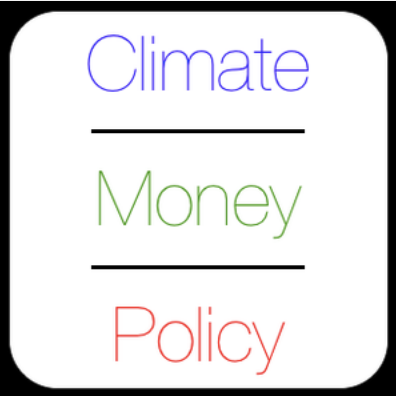Should your organization be talking about sustainability?
/Do you have inside council devoted to your legal concerns? An inside six-sigma master black-belt for your continuous improvement? Do you have whole departments for tax and accounting staff or social media? Not likely. Few companies need these services to be full-time and in-house but they do need the services. Sustainability works the same way and tends to follow this pattern:
Ignorance- Not to be confused with obstinance. In this case it simply means they can ignore the issue. If you've been dodging calls for years from power companies who ask you to switch utility suppliers then chances are you're in this club. Companies in this stage don't need help, they're too small, not interested in growth or are (in some cases) too headstrong.
Compliance- Sustainability as a matter of bookkeeping. These companies know some federal rule has changed or an executive memo says all paper must be recycled or something similar. Sustainability is a chore that creates needless spreadsheets and has a loose, fuzzy connection to real business metrics like profit and revenue. If this sounds like you it's time for a checkup. Bring in someone for a few hours and kick the tires. See if you like what they have to say. At very least they may help you figure out if &why your current strategy is effective and help you figure out better ways to do it. In any case you won't be moving on to the next phase without professional help.
Efficiency- A bit further along and companies begin to see how things are connected. How reducing the carbon footprint of a product translates into operational savings. How natural lighting can lead to reduced energy costs AND lower absenteeism. How better data on energy usage can lead to strategies that protect a company from flood damage. Efficient companies are like training athletes. They know the value of a coach. In some cases they have outside experts training inside champions to keep the organization focused.
Leadership- Sustainability leaders have a truly strategic view of the world and their place in the market. They're data rich and know how to look at everything from marketing to product development through an interconnected lens. Sustainability has given their managers a unified way of talking about progress that works across business units. It creates a positive outward image to consumers and investors. These companies are world class, envied by their peers, and attract the very best talent. Sustainability is in their DNA. Someone in the group holds the title of Sustainability Manager. That person tracks metrics that directly correlate with company performance and revenue and start with initiatives from his or her office.


